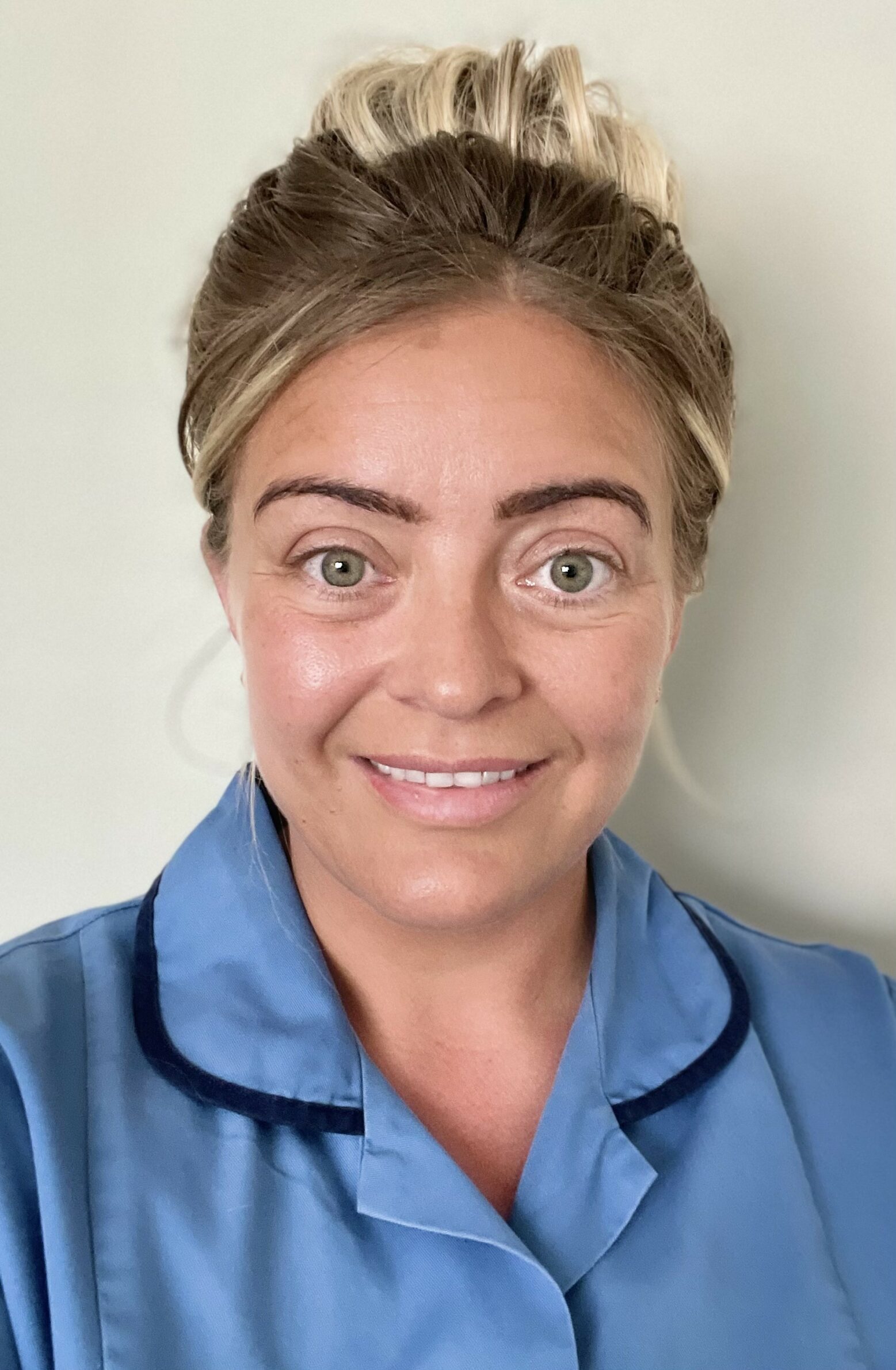Thousands of people living in the Holderness area could be living with uncontrolled/severe asthma but not even know it, or not be getting the treatment they need.
According to estimates, there are 110,000 people living with asthma in the Humber and North Yorkshire region. Around 2,500 of that figure live with the condition in Holderness, with five percent expected to have severe asthma.
To provide respite for these people, the Innovation for Healthcare Inequalities Programme Humber and North Yorkshire (InHIP HNY) is set to launch the asthma biologics project in Holderness.
The project will ensure that people who struggle to control or have severe asthma can have access to newly developed medicines to aid in their treatment.
Known as asthma biologics, these medicines help to reduce the number of asthma attacks people experience and decreases their dependence on strong medicines like oral steroids that have bad side effects.
Charlotte Riches, Senior Respiratory Nurse Specialist explains:
“Oral steroids can be an important treatment for asthma attack but are associated with debilitating side effects and can place further burden on quality of life with prolonged use, which we see occur often in asthma patients.
“We find it unacceptable that many patients continue to suffer with their asthma and rely on course after course of oral steroids when there are potentially life-changing medications available to improve their asthma control.”
The asthma biologics medicines have shown remarkable effectiveness, are known to improve the lives of people living with uncontrolled/severe asthma in Holderness.
Charlotte continues: “Our goal is to ensure that every individual living with uncontrolled/severe asthma regardless of location, lifestyle, background or education received the highest standard of asthmas care with accessibility to treatment made as easy as possible.”
“By providing the biologics medicines to those who need them most, we hope to alleviate suffering and enhance their quality of live.”
Severe asthma can cause a lot of serious attacks and make life hard. People in underserved areas like Holderness might find it difficult to get the right treatment.
One of the benefits of using asthma biologics medicines is that it can be administered in the patient’s own home once every four to eight weeks to help prevent symptoms, rather than treating symptoms as they occur.
Charlotte said: “We are excited to bring this project to Holderness and take a strong approach towards achieving equitable asthma care for all. We are determined to reduce the disparities in access to biologics medicines and make a positive impact on the lives of those living with severe asthma.
“Through this project, we are not only providing advanced treatment but also addressing the root cause of healthcare disparities.”
Individuals have already been identified for the project and will be contacted shortly and invited to attend an appointment with Charlotte and if appropriate, referred to the Severe Asthma centre at Hull University Teaching Hospitals NHS Trust.

